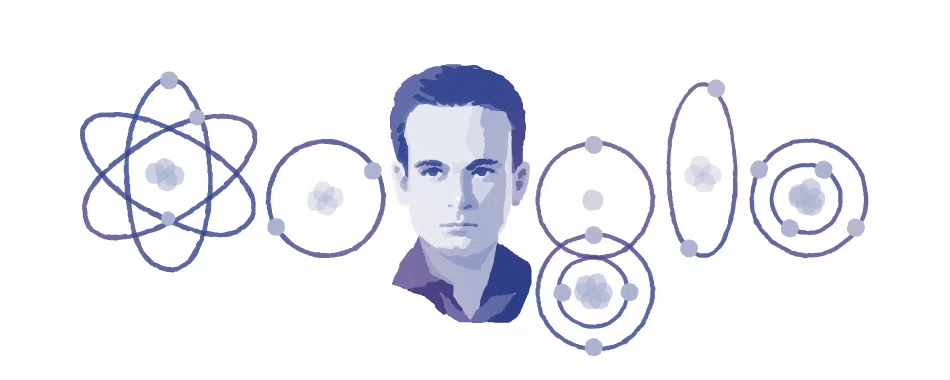
Today’s Google Doodle celebrates the 100th birthday of César Lattes, a pioneering Brazilian experimental physicist renowned for discovering the pion, a particle that revolutionized nuclear physics.
Early Life and Education
César Lattes was born in 1924 in Curitiba, Brazil, to Italian immigrant parents. He pursued physics and mathematics at the University of São Paulo, graduating in 1943. At 25, Lattes co-founded the Brazilian Centre for Physical Research, a significant milestone in his career.
Major Contributions and Discoveries
Lattes’ groundbreaking work began in the mid-1940s when he researched cosmic rays at the University of Bristol. In April 1947, he conducted experiments at a high-altitude weather station in Bolivia, where he discovered the pion using photographic plates. Pions, or pi mesons, are subatomic particles formed when cosmic rays interact with Earth’s atmosphere. His research revealed that pions come in different masses, contributing significantly to our understanding of nuclear forces.
Academic and Professional Achievements
After his discovery, Lattes returned to Brazil, where he taught at the University of São Paulo and later at the State University of Campinas. His dedication to science and education helped mentor future generations of Brazilian physicists. He also campaigned for increased government funding for scientific research, leading to the establishment of the Brazilian Centre for Physical Research (CBPF), where he served as scientific director.
Legacy and Honors
César Lattes received numerous accolades for his contributions to physics, including the Einstein Award from the Brazilian Academy of Sciences and orders of merit from Brazil and Italy. His legacy is commemorated through various schools, roads, and public spaces named in his honor.
Lattes passed away in 2005 at the age of 80, but his influence on experimental physics remains profound. Google’s tribute acknowledges his pivotal role in advancing physics in Latin America and beyond, ensuring that his contributions are remembered and celebrated worldwide.






Be First to Comment